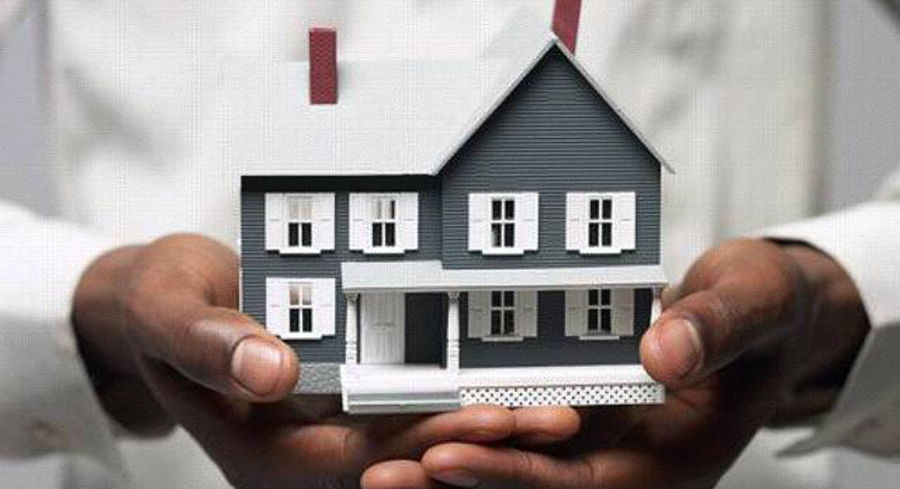
Buying a House for African Immigrants
Homeownership has long been synonymous with the “Canadian Dream” and many native-born and immigrants alike have intentions of fulfilling this dream. Given that a house is likely to be the most expensive single purchase that would be made in a lifetime, it is not surprising that several financial and demographic factors enter the decision to pursue homeownership. Household income, marital status, type of household, the presence or absence of children, and schools in the neighborhood are among the factors most frequently cited as having an effect on homeownership. But many immigrants do not take these factors into consideration before taking steps to owning a home. As a result, they end up working 2 or 3 jobs to sustain a lifestyle they cannot afford.
Consider Household Income
After moving to Canada, finding a decent job is the number one priority of most qualified African immigrants. They understand that in a bid to live the American dream, a source of income is primordial. However, due to the barriers faced when rebuilding their career in Canada, African immigrants are sometimes stuck in survival jobs, with no hope to generate enough income to live their dream of owning a house.
Regardless of their marital status of the size of their household, the first and most important aspect to consider before taking steps to owning a home in Canada is finances. Applying for a mortgage on a survival job is not advisable, as it will put a significant amount of pressure on finances that are already on the verge of bankruptcy. As a workaround, some immigrants take a second or a third survival jobs just to keep the inflow of cash to sort the mortgage bill. This is not a wise decision as it will fuel the vicious circle of poverty and reduce the standard of living of the individual or the family.
Don’t get a Home as a Status Marker
Housing as a status marker also has been identified as a factor that affects the propensity to own a dwelling. Some African immigrants with high paying jobs have taken the step to owning a home, some for the right motives, but others do so to display a certain facade status. It requires a thorough analysis and an in-depth though process to successfully implement this project. As seen before, a financial assessment and the motives must be evaluated before starting house hunting. Getting a home as a status marker without the proper income to compliment that house is clearly a recipe for disaster and financial crash.
Consider your Personal Situation
The fundamental question is whether or not owning a home actually makes sense for your particular circumstances. Some people will tell you that paying rent is throwing money away, but there are many benefits to renting, particularly if you spend most of your time working and not been home. Some of the benefits includes:
- You’re not responsible for the costs of maintaining a home
- You’re not tied to one area should you wish to explore somewhere new to find better opportunities
- As an immigrant and you’re retired, you won’t be carrying a worrying amount of debt from not been able to pay up the mortgage and can spend whatever money you’ve made working where you choose to enjoy it.
- If you still wish to buy eventually, renting can give you time to save up or invest that money which should be paid on mortgage and the returns used to acquire a home in the future when you’re more comfortable and able to do so finally.

Leave your comment